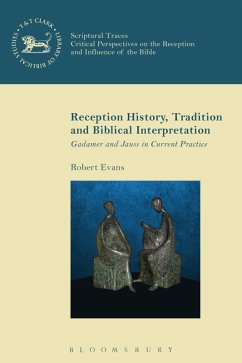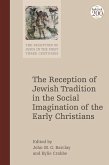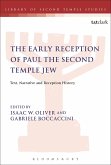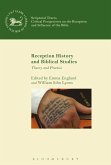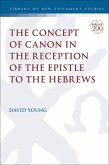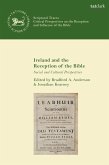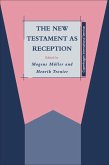This study seeks to make a contribution to current debates about the nature of Wirkungsgeschichte or reception history and its place in contemporary Biblical Studies. The author addresses three crucial questions: the relationship between reception history and historical-critical exegesis; the form of reception history itself, with a focus on the issue of which acts of reception are selected and valorized; and the role of tradition, pre-judgements and theology in relation to reception history. Disagreements about these matters contribute to what many characterise as the fragmentation of the discipline of biblical studies.
The study champions the hermeneutics of Hans-Georg Gadamer as a theoretical resource for understanding biblical interpretation, and a way of holding together with integrity the varied activities undertaken within the discipline. Each aspect of the argument is illustrated, tested and further explored with reference to the post-history of exhortations in the New Testament to 'be subject'. These have been widely cited and applied for 2,000 years - in literature, law and politics as well as in theological traditions. In this way the study makes a contribution not just to the theory but also the practice of reception history.
The study champions the hermeneutics of Hans-Georg Gadamer as a theoretical resource for understanding biblical interpretation, and a way of holding together with integrity the varied activities undertaken within the discipline. Each aspect of the argument is illustrated, tested and further explored with reference to the post-history of exhortations in the New Testament to 'be subject'. These have been widely cited and applied for 2,000 years - in literature, law and politics as well as in theological traditions. In this way the study makes a contribution not just to the theory but also the practice of reception history.

